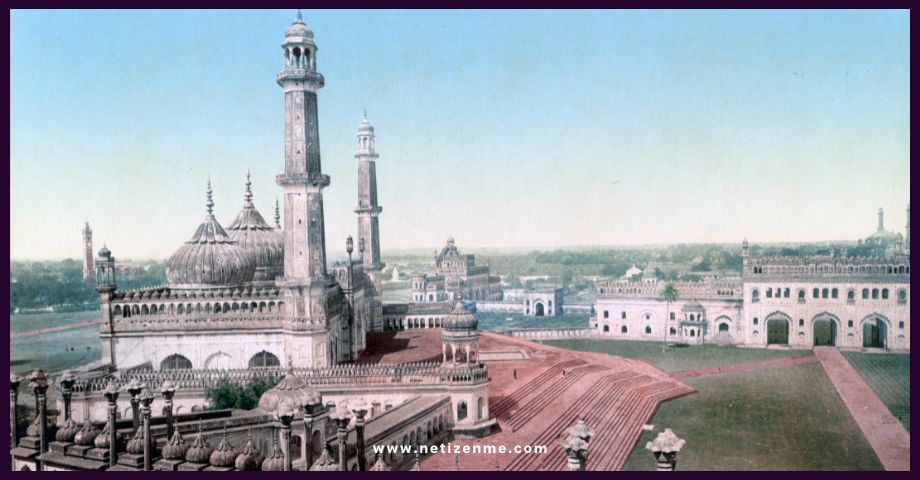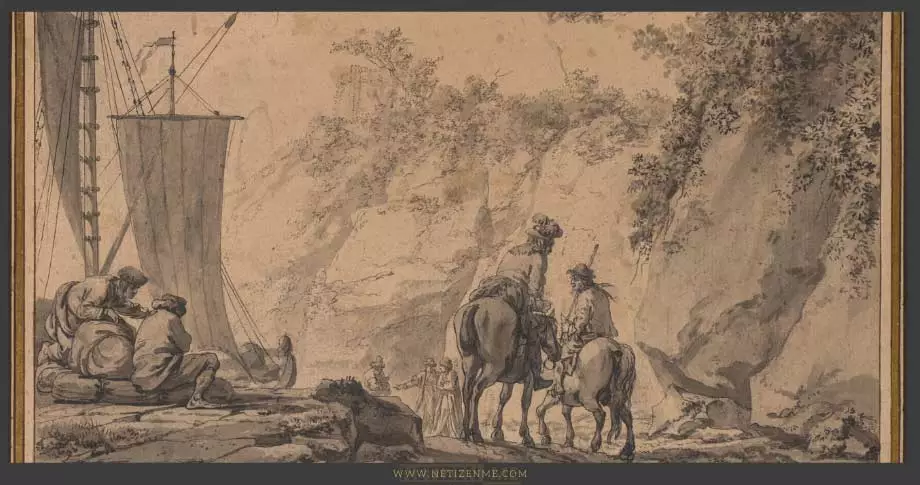Understanding the key differences between Islamic and Western sources of history requires a deep dive into their foundational philosophies, methodologies, and contexts. Islamic history has been shaped by the Quran, Hadith, and early Islamic scholars, whereas Western history evolved through the Greco-Roman legacy, Enlightenment ideals, and empirical research. Both approaches reflect distinct worldviews, with Islamic sources emphasizing divine will and moral principles, while Western sources prioritize empiricism and secularism. In this blog post, we will explore the fundamental distinctions between Islamic and Western historiography, their methodologies, and the nature of the historical narratives they produce.
What is the key difference between Islamic and Western sources of history and the nature of Islamic and Western history?
Foundations of Islamic Historical Sources
Quran and Hadith as Primary Sources
Islamic history derives its core principles from the Quran and Hadith, which guide every aspect of life. The Quran, considered the literal word of God, shapes the Muslim worldview. The Hadith, sayings, and practices of Prophet Muhammad offer context and clarity. Together, these texts form the foundation of Islamic historical thought and morality.
Contributions of Early Muslim Historians
Early Islamic historians like Ibn Ishaq, Al-Tabari, and Ibn Khaldun significantly influenced Islamic historiography. Ibn Ishaq’s Sira offers a comprehensive account of Prophet Muhammad’s life. Al-Tabari’s Tarikh al-Rusul wa al-Muluk provides a detailed chronological record of events. Ibn Khaldun’s Muqaddimah introduces a sociological perspective, emphasizing the rise and fall of civilizations.
Role of Isnads and Biographical Evaluation
The isnad (chain of narrators) system ensures the authenticity of historical reports. Muslim scholars meticulously evaluated narrators through biographical dictionaries (rijal). This rigorous method maintains the integrity of Islamic historical narratives, emphasizing the reliability of transmitted knowledge.
Foundations of Western Historical Sources
Greco-Roman Influence and Secular Origins
Western historical thought emerged from Greco-Roman traditions, where figures like Herodotus and Thucydides laid the groundwork for critical inquiry. These historians emphasized secular narratives, focusing on human motives and political events rather than divine intervention.
Enlightenment and the Rise of Empiricism
The Enlightenment further shaped Western historiography by emphasizing reason, empirical observation, and secularism. Historians like Voltaire and Edward Gibbon critiqued religious dogma and advocated for rationalism. The rise of empiricism fostered systematic data collection and analysis, leading to the development of modern historical methodologies.
Positivism and Professional Historiography
In the 19th century, Auguste Comte’s positivism promoted the scientific study of society, influencing historians like Leopold von Ranke. Ranke’s approach emphasized primary sources and objectivity, marking a shift toward professional historiography. Western history increasingly relied on archival research, archaeological evidence, and quantitative analysis.
Methodological Differences
Islamic Historiography: Morality and Purpose
Islamic historians often intertwined moral lessons with historical narratives. Their purpose extended beyond recording facts to imparting ethical guidance. For instance, Al-Tabari included Quranic exegesis in his historical work, reflecting the inseparability of religion and history in Islamic thought.
Western Historiography: Objectivity and Secularism
Western historians strive for objectivity by minimizing personal biases and religious influences. The secular nature of Western history prioritizes empirical evidence, separating moral or religious judgments from historical analysis. This approach aims to reconstruct the past as accurately as possible through critical evaluation.
Approach to Sources: Authenticity vs. Criticism
Islamic scholars focus on authenticity through isnads, while Western historians critically analyze sources for reliability and bias. Islamic historiography accepts the divine origin of the Quran and Hadith, whereas Western historians scrutinize religious texts through textual criticism.
The Nature of Islamic and Western History
Islamic History: Divine Will and Moral Lessons
Islamic history reflects a worldview where divine will shapes human events. The Quranic concept of qadr (predestination) influences historical interpretation, as does the belief in moral accountability. Islamic narratives often include stories of prophets, righteous rulers, and moral exemplars to guide the faithful.
Western History: Secular Narratives and Human Agency
Western historiography focuses on human agency and secular developments. Political, economic, and social factors shape historical narratives. Historians like Karl Marx and Max Weber introduced materialist and sociological perspectives, emphasizing class struggle and rationalization.
Comparative Case Study: The Crusades
The Crusades provide a revealing comparison between Islamic and Western historical perspectives. Western historians often view the Crusades as religious wars driven by European expansionism. Islamic historians, however, frame them as defensive efforts against European aggression, highlighting figures like Salah al-Din as moral exemplars.
Recent Trends in Historiography
Islamic Historiography: Revival and Globalization
There’s been a revival in Islamic historiography in recent years, partly due to globalization and increased access to historical sources. Scholars like Seyyed Hossein Nasr advocate for a return to traditional Islamic thought, while others incorporate contemporary methodologies.
Western Historiography: Postmodernism and Inclusivity
Western historiography has witnessed a shift towards inclusivity and critical theory. Postmodernists challenge grand narratives, emphasizing marginalized voices and subjective interpretations. Feminist, postcolonial, and subaltern studies highlight diverse perspectives often overlooked in traditional historiography.
Conclusion – key difference between Islamic sources and Western sources of history
In summary, Islamic and Western historical sources reveal contrasting worldviews and methodologies. Islamic historiography is deeply rooted in religious texts and moral principles, offering narratives shaped by divine will and ethical guidance. Western historiography, shaped by secularism and empiricism, prioritizes objectivity and critical inquiry. Despite their differences, both traditions contribute valuable insights into the human past.
While Islamic sources maintain the importance of authenticity through isnads, Western historians emphasize empirical evidence and source criticism. Understanding these differences enriches our appreciation of history, highlighting the diversity of human thought. Blending elements from both traditions can provide a more holistic understanding of historical events and their impact on civilizations.
References
Islam and the West: a Historical Perspective – Foreign Policy Research Institute. (n.d.). Foreign Policy Research Institute. https://www.fpri.org/article/2003/05/islam-and-the-west-a-historical-perspective/
Othman, N. (2014). A comparative study between western and islamic perspectives on human development and life-friendly. . . ResearchGate. https://doi.org/10.15364/ris14
Research guides: Islamic Law: Primary Sources – Qur’an and Hadith. (n.d.). https://guides.library.harvard.edu/c.php?g=309902&p=2070117
Silverstein, A. J. (2010). 4. The sources. In Oxford University Press eBooks (pp. 80–93). https://doi.org/10.1093/actrade/9780199545728.003.0004
This article is written by:
Our professional writers and editors are passionate about sharing high-quality information and insights with our audience. We conduct diligent research, maintain fact-checking protocols, and prioritize accuracy and integrity to the best of our capacity.
You can cite our articles under the author name "Netizenme"





